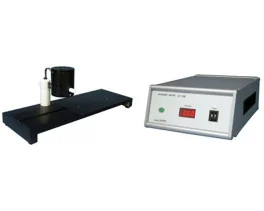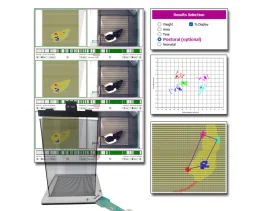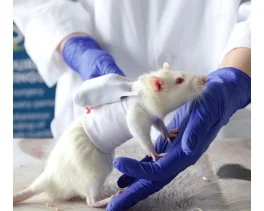Authors
H Ma, L Su, W Xia et al
Lab
Chinese Academy of Sciences, Beijing, China
Journal
EMBO
Abstract
The development of the nervous system requires precise regulation. Any disturbance in the regulation process can lead to neurological developmental diseases, such as autism and schizophrenia. Histone variants are important components of epigenetic regulation. The function and mechanisms of the macroH2A (mH2A) histone variant during brain development are unknown. Here, we show that deletion of the mH2A isoform mH2A1.2 interferes with neural stem cell differentiation in mice. Deletion of mH2A1.2 affects neurodevelopment, enhances neural progenitor cell (NPC) proliferation, and reduces NPC differentiation in the developing mouse brain. mH2A1.2-deficient mice exhibit autism-like behaviors, such as deficits in social behavior and exploratory abilities. We identify NKX2.2 as an important downstream effector gene and show that NKX2.2 expression is reduced after mH2A1.2 deletion and that overexpression of NKX2.2 rescues neuronal abnormalities caused by mH2A1.2 loss. Our study reveals that mH2A1.2 reduces the proliferation of neural progenitors and enhances neuronal differentiation during embryonic neurogenesis and that these effects are at least in part mediated by NKX2.2. These findings provide a basis for studying the relationship between mH2A1.2 and neurological disorders.
BIOSEB Instruments Used
Grip strength test (BIO-GS3)

 Douleur - Allodynie/Hyperalgésie Thermique
Douleur - Allodynie/Hyperalgésie Thermique Douleur - Spontanée - Déficit de Posture
Douleur - Spontanée - Déficit de Posture Douleur - Allodynie/Hyperalgésie Mécanique
Douleur - Allodynie/Hyperalgésie Mécanique Apprentissage/Mémoire - Attention - Addiction
Apprentissage/Mémoire - Attention - Addiction Physiologie & Recherche Respiratoire
Physiologie & Recherche Respiratoire




































 Douleur
Douleur Système Nerveux Central (SNC)
Système Nerveux Central (SNC)  Neurodégénérescence
Neurodégénérescence Système sensoriel
Système sensoriel Système moteur
Système moteur Troubles de l'humeur
Troubles de l'humeur Autres pathologies
Autres pathologies Système musculaire
Système musculaire Articulations
Articulations Métabolisme
Métabolisme Thématiques transversales
Thématiques transversales Congrès & Meetings
Congrès & Meetings 